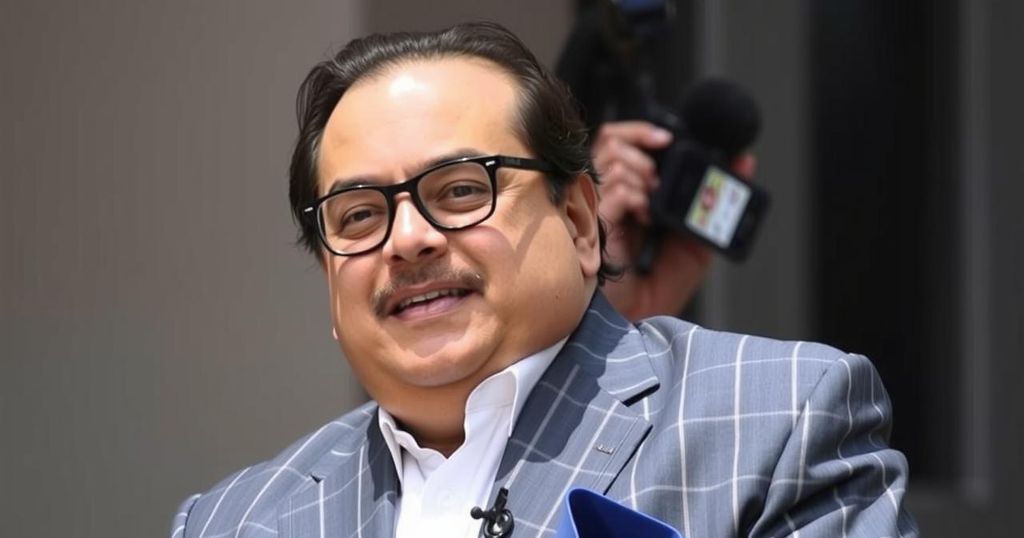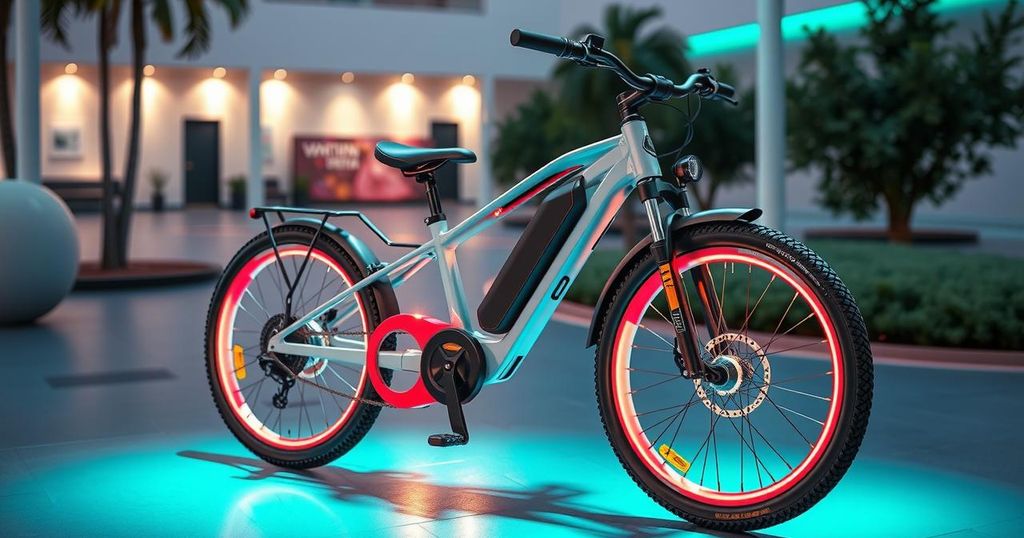Musk and Bezos Renew Rivalry Amid Political Tensions and Economic Stakes
Elon Musk claimed Jeff Bezos advised peers to sell Tesla stock, anticipating Trump’s electoral loss. Bezos denied the claim, while Musk’s political affiliations with Trump have influenced Tesla’s stock performance. The rivalry extends into business decisions, exemplified by Amazon’s Project Kuiper excluding SpaceX.
Elon Musk and Jeff Bezos have reignited their longstanding rivalry following Musk’s assertion that Bezos advised associates to divest from Tesla, anticipating Donald Trump’s election loss. Musk shared a post on X, stating that he had learned at Mar-a-Lago that Bezos suggested selling Tesla and SpaceX stock based on Trump’s projected defeat. In response, Bezos flatly denied the allegation, prompting a light-hearted acknowledgment from Musk.
This latest exchange occurs within the context of a significant political landscape, as Musk has notably invested heavily in Trump’s campaign, which has seemingly paid off as Tesla’s shares surged following the election results. Musk’s alignment with Trump appears to solidify, as Trump has shifted his stance on electric vehicles, crediting Musk’s support. In contrast, Bezos has opted not to endorse either presidential candidate, reaffirming his view that such endorsements do not significantly influence electoral outcomes.
The competition between Musk and Bezos has been exemplified through recent business endeavors. A prominent instance is Amazon’s ambitious Project Kuiper, which aims at launching satellites for internet services, notably omitting SpaceX from its contracts, a decision reportedly rooted in their personal rivalry. This rivalry has led Musk to ridicule Bezos on several occasions for his legal challenges against SpaceX.
As Musk continues to leverage his relationship with Trump, the implications for both their business interests and the larger landscape of American entrepreneurship remain significant, demonstrating the intertwining of politics and corporate dynamics in contemporary society.
The feud between Elon Musk and Jeff Bezos has been ongoing, often characterized by rivalry in the space industry, particularly between SpaceX and Bezos’s Blue Origin. Both billionaire entrepreneurs lead companies that not only prioritize innovation but also aim to dominate different sectors, including electric vehicles and space exploration. The political backdrop, especially in relation to Donald Trump’s presidency, has added complexity to their interactions, with Musk’s support for Trump leading to notable stock market movements and changes in public perception regarding electric vehicles. Bezos, on the other hand, has maintained a more neutral stance in political endorsements, emphasizing the potential biases created by such actions.
In conclusion, the rivalry between Elon Musk and Jeff Bezos underscores the intricate connections between personal relationships, political affiliations, and corporate strategies in the realm of high-stakes business. Musk’s recent claims regarding Bezos’s advice to sell Tesla stock reveal the ongoing tensions in their competitive landscape, further complicated by the political climate surrounding Trump’s election campaign. As both leaders navigate their respective paths, the repercussions of their actions and endorsements will undoubtedly shape the trajectory of their businesses and the industries they represent.
Original Source: fortune.com




Post Comment